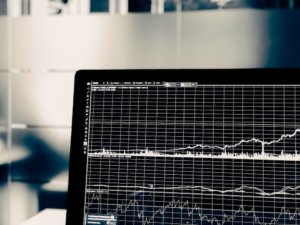US Govt wants ex-Deutsche Bank traders’ arguments stricken because they are too… long
The US Government refers to formalities in order to have the motions of Matthew Connolly and Gavin Campbell Black stricken.

Further to the motions of ex-Deutsche Bank traders Matthew Connolly and Gavin Campbell Black for acquittal or a new trial in a LIBOR manipulation case, the United States Government has sought to strike these motions.
In a document filed with the New York Southern District Court on Friday, December 14th, the Government says the motions by the defendants must be stricken due to their size. Put bluntly, the Government refers to mere technicalities.
According to the Government, the defendants filed two briefs that more than tripled the page limit and another that more than doubled it: 79 pages in support of Mr. Black’s motion for acquittal or a new trial, 54 pages in support of Mr. Connolly’s motion for acquittal or a new trial, and 79 pages in support of their joint motion to vacate convictions and dismiss the indictment for prosecutorial misconduct.
“The briefs are well beyond the length the government anticipated when the briefing schedule was set, and they are well beyond what the government believes reasonably necessary in this case”, the US authorities argue.
The Government only briefly addresses the content of the defendants’ motions, saying that their motions rehash old arguments that were already rebutted at trial.
Connolly was Deutsche Bank’s director of the Pool Trading Desk in New York, where he supervised traders who traded USD LIBOR-based derivative products. Black was a director on Deutsche Bank’s Money Market and Derivatives Desk in London, who also traded USD LIBOR-based derivative products. In October this year, Connolly and Black were convicted for their participation in a scheme to manipulate the London Interbank Offered Rate (LIBOR).
In their motions for acquittal filed earlier this week, both defendants argued, inter alia, that the Government’s case lacked sufficient evidence that the submitted LIBOR rates were false.
The case continues at the New York Southern District Court.









